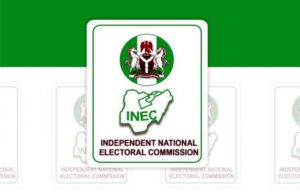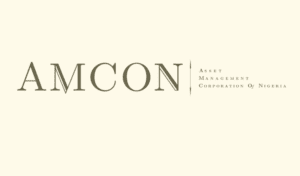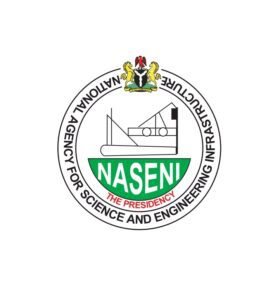Vulnerable persons need subsidies to build toilets — UNICEF
Ms. Jane Bevan, UNICEF Chief of Water, Sanitation and Hygiene (WASH), Nigeria, said introduction of subsidies would encourage vulnerable persons in communities to build and use their toilets.
Bevan said that this would improve their wellbeing and contribute towards meeting the National Open Defecation Free (ODF) Roadmap in the country before 2025.
According to her, this can be introduced during the triggering stages of Community-Led Total Sanitation processes, that are aimed at encouraging communities to take ownership of their hygiene.
The WASH specialist said for intervention areas, communities decided those who were less privileged and chose who got the subsidy, saying this had already commenced in two states.
Bevan said with many communities still suffering from lack of toilets, this brought negative consequences such as outbreak of diseases, including cholera and other diseases.
“Children suffer mostly during an outbreak of disease. This is the reason we must stop open defecation.
“We are thinking about introducing subsidies to encourage vulnerable people to build their toilets, we are working to do this through introduction of loans in Bauchi and Oyo states,” she said.
Bevan said open defecation remained a challenge, with data from the Water Sanitation and Hygiene National Outcome Routine Mapping (WASHNORM) 2021 survey showing that 48 million Nigerians practise open defecation.
“This data represents 23 per cent of the population, in spite of the efforts by government and partners at ending open defecation, the rapidly growing population is dwarfing the gains made so far,’’ she said.
The WASHNORM reveals that only 10 per cent of Nigeria’s population had access to integrated basic WASH services while an estimated 48 million people were still practising open defecation.
This has serious negative health and security implications on the populace as well as in the attainment of the Sustainable Development Goals Six.
In addition, access to WASH services in institutions and public places were generally low, with 11 per cent, 6 per cent and 4 per cent recorded for access to WASH in schools, health facilities and markets/motor parks, respectively.
This suggests a huge neglect of WASH programming in Nigerian institutions, thereby impacting educational attainment, health costs, livelihoods, and ultimately, the country’s economic development.




